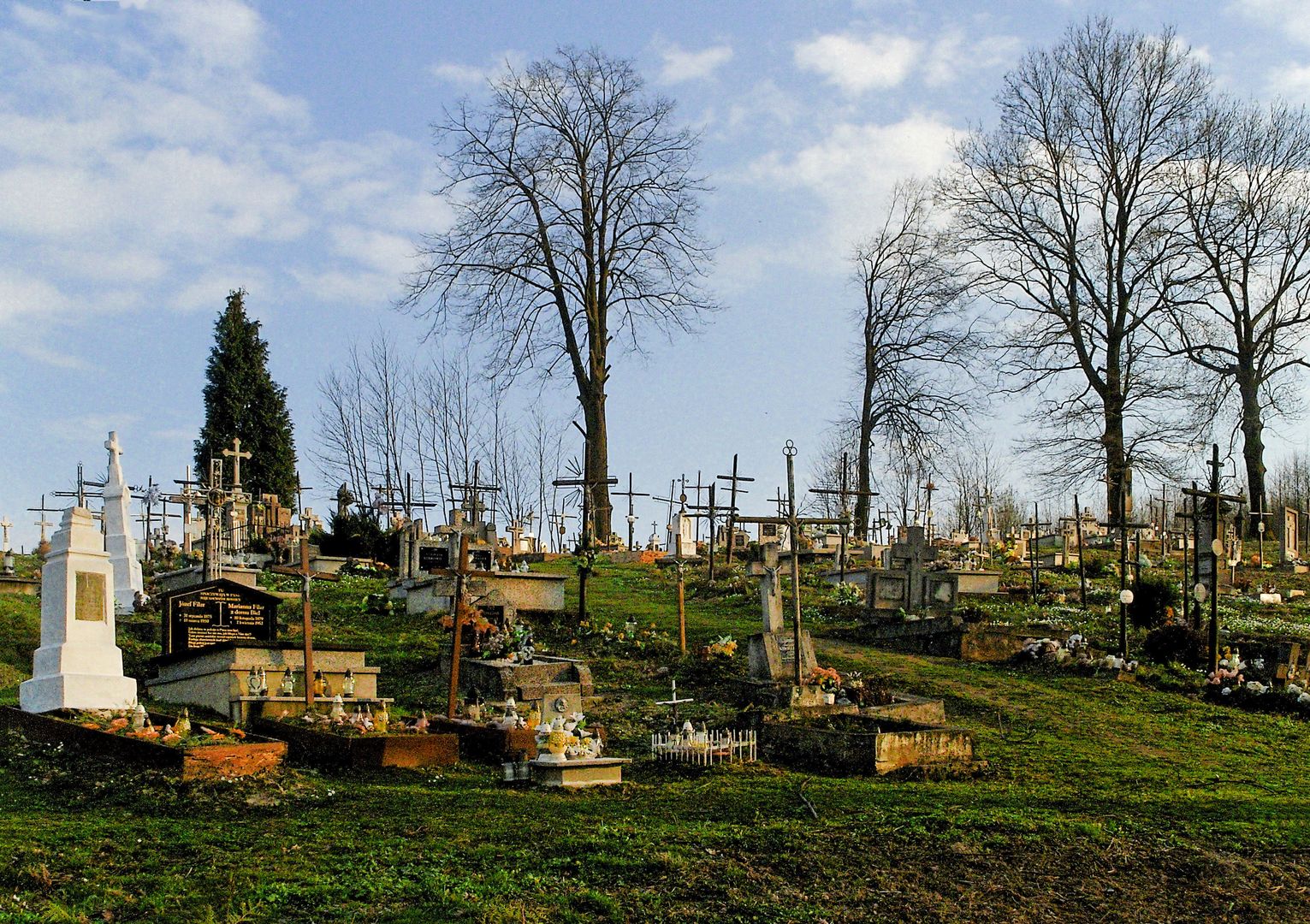Lower Bączal
6.73

Overview
Bączal Dolny is a village in the Podkarpackie Voivodeship, in Jasło County, known for its rich history and valuable natural assets. Its name most likely derives from the stream "Bączałka" or the surname Bączał. The village was founded by King Casimir the Great under Magdeburg Law in 1370. The first mentions of Bączal date back to 1124. The village is home to the precious parish church of the Name of Mary, built between 1957 and 1959, as well as a wooden church of St. Nicholas, which was relocated to the Museum of Folk Architecture in Sanok. The history of Bączal has not been without perilous events; during World War II, the village suffered, but its residents stood in defense of the local community, and the parish house served as an important center of resistance. Bączal Dolny is also a place of rich culture, associated since the 19th century with local events and traditions. The village is surrounded by the picturesque landscapes of the Ciężkowice Foothills, and its areas are part of the Natura 2000 program – "Łąki nad Młynówką." Bączal hosts various cultural initiatives and sporting events, including a popular mountain bike marathon. An interesting feature is the "Nad Doliną" vineyard, which confirms the growing interest in winemaking in the region. The flora of Bączal delights with rare plant species, and in the vicinity, one can find a spring considered to have healing properties. The village also contains remnants of early industrialization and an interesting recreational complex. Bączal Dolny is a place where tradition and modernity coexist in harmony, attracting both tourists and residents who cherish their local heritage.
Location
You can also find here:
2026 Wizytor | All Rights Reserved
